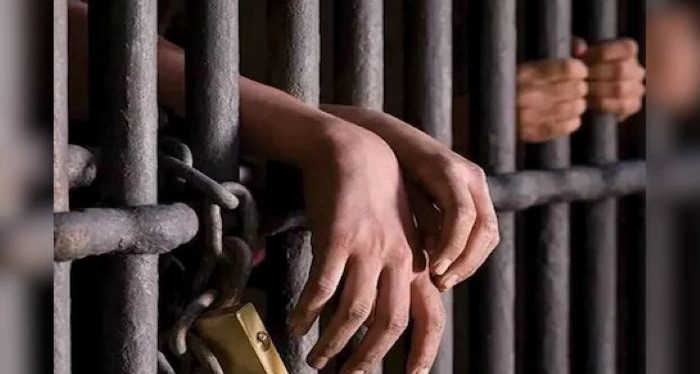The Ministry of External Affairs (MEA) has informed a parliamentary panel that over 10,000 Indians are currently jailed in 86 countries worldwide. According to the sixth report of the Parliamentary Standing Committee on External Affairs, which was released on Tuesday, there are 12 countries, including China, Kuwait, Nepal, Qatar, Saudi Arabia, and the United Arab Emirates (UAE), where the number of Indian prisoners exceeds 100.
Among these, Saudi Arabia and the UAE hold the highest numbers, with over 2,000 Indians in jail in each country. Other Gulf countries, including Bahrain, Kuwait, and Qatar, also have a significant number of Indian nationals incarcerated. In addition, Nepal has 1,317 Indians in jail, while Malaysia holds 338, and China has 173 Indian prisoners.
The report, which focuses on the Indian diaspora, Non-Resident Indians (NRIs), Persons of Indian Origin (PIOs), Overseas Citizens of India (OCIs), and migrant workers, highlighted that nine of the 12 countries with the highest number of Indian prisoners are covered under agreements on the Transfer of Sentenced Persons (TSP). These agreements allow convicted individuals to be transferred back to their home country to serve their sentence. However, only eight prisoners have been successfully brought back to India over the past three years (2023 to 2025), with three coming from Iran, three from the UK, and two from Cambodia and Russia.
Shashi Tharoor, the committee’s chairperson, inquired about the steps the government is taking to secure the release of these prisoners. In response, the MEA explained that Indian embassies and consulates actively pursue the release and repatriation of Indian nationals held abroad. They work with local authorities and provide consular support, including legal aid, where necessary. Indian Missions maintain a panel of local lawyers, especially in regions with significant Indian communities, and no fees are charged for these services.
Despite India’s existing transfer treaties with countries like Bahrain, Saudi Arabia, the UK, and others, the process of repatriating prisoners remains slow and complicated due to the need for multiple approvals from the prisoner, the host country, and India. The Ministry of Home Affairs (MHA) oversees the transfer process and is working on signing similar agreements with other countries.


